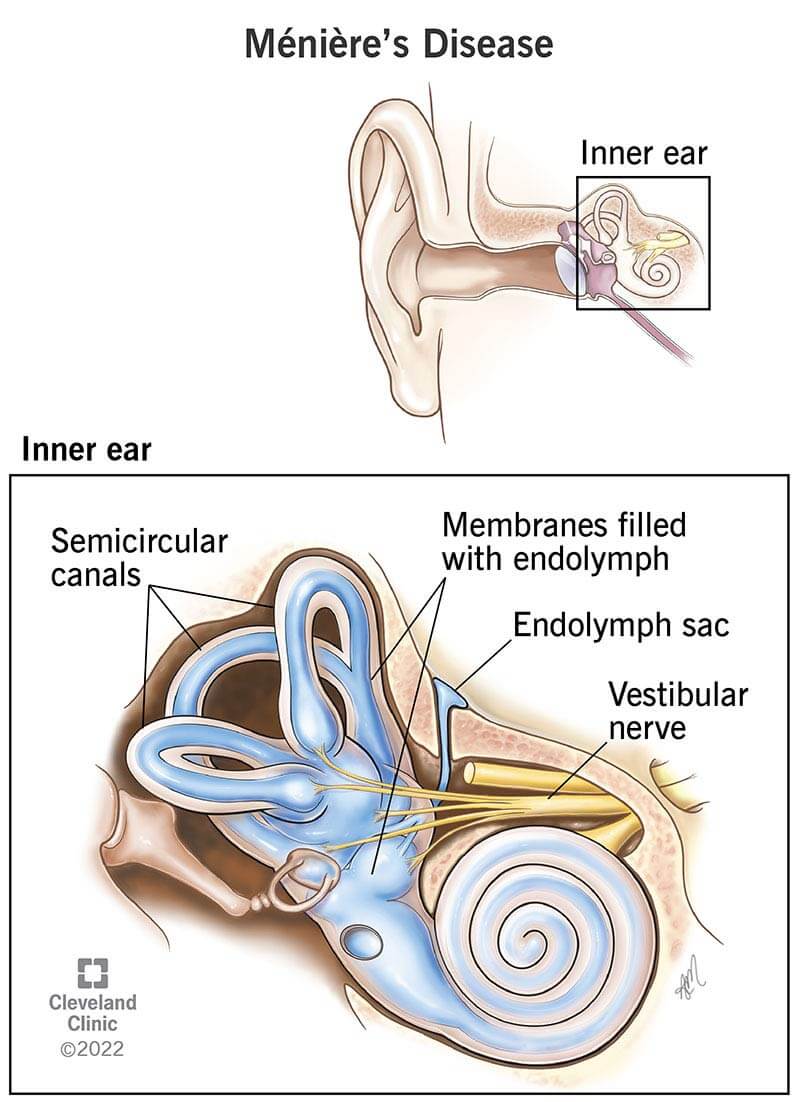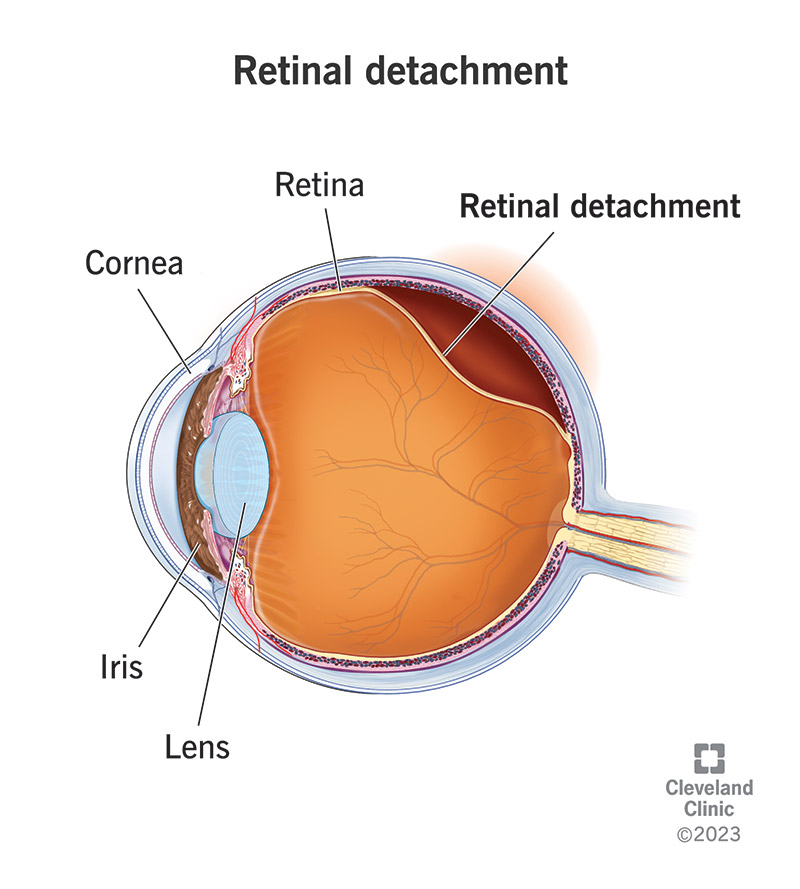Which of the following is an appropriate treatment for Meniere’s disease?
Caffeine-rich beverages.
A low-sodium diet.
High-intensity interval training (HIIT).
Prolonged bed rest.
The Correct Answer is B
Choice A Reason:
Caffeine-rich beverages are not recommended for patients with Meniere’s disease. Caffeine can exacerbate symptoms such as vertigo and tinnitus by increasing the fluid pressure in the inner ear. Therefore, avoiding caffeine is generally advised to help manage the condition.
Choice B Reason:
A low-sodium diet is an appropriate treatment for Meniere’s disease. Reducing sodium intake helps decrease fluid retention in the body, including the inner ear, which can alleviate symptoms such as vertigo, tinnitus, and hearing loss. This dietary modification is a cornerstone of managing Meniere’s disease and can significantly improve the patient’s quality of life.
Choice C Reason:
High-intensity interval training (HIIT) is not suitable for patients with Meniere’s disease. Intense physical activity can trigger vertigo attacks and worsen balance issues. Patients are generally advised to engage in moderate, low-impact exercises that do not provoke symptoms.
Choice D Reason:
Prolonged bed rest is not an appropriate treatment for Meniere’s disease. While rest may be necessary during acute vertigo attacks, long-term bed rest can lead to deconditioning and other health issues. It is important for patients to maintain a balance between rest and activity to manage their symptoms effectively.

Nursing Test Bank
Naxlex Comprehensive Predictor Exams
Related Questions
Correct Answer is D
Explanation
Choice A Reason:
Febrile non-hemolytic transfusion reactions (FNHTRs) are common and typically present with fever, chills, and sometimes rigors. However, they do not usually cause severe symptoms such as back pain and difficulty breathing. FNHTRs are generally less severe and are caused by the recipient’s immune response to donor white blood cells or cytokines in the transfused blood.
Choice B Reason:
Allergic reactions to blood transfusions can range from mild to severe. Mild reactions may include itching, hives, and rash, while severe reactions (anaphylaxis) can cause difficulty breathing and hypotension. However, allergic reactions do not typically cause back pain, which is more indicative of a hemolytic process.
Choice C Reason:
Fluid overload, also known as transfusion-associated circulatory overload (TACO), can occur when too much blood is transfused too quickly. Symptoms include dyspnea, hypertension, and pulmonary edema. While difficulty breathing is a symptom of fluid overload, chills and back pain are not typical features.
Choice D Reason:
Acute hemolytic transfusion reaction (AHTR) is the most likely cause of the patient’s symptoms. AHTR occurs when the recipient’s immune system attacks the transfused red blood cells, leading to their destruction. This reaction can cause severe symptoms such as chills, fever, back pain, and difficulty breathing. It is a medical emergency that requires immediate intervention to prevent serious complications, including kidney failure and shock.
Correct Answer is D
Explanation
Choice A Reason:
Resuming the use of contact lenses 48 hours after retinal detachment surgery is not recommended. Postoperative care guidelines typically advise against wearing contact lenses until the eye has sufficiently healed to prevent irritation and infection. The exact duration will depend on the surgeon’s assessment and instructions.
Choice B Reason:
Driving 12 to 24 hours after the procedure is not advisable. Patients are usually instructed to avoid driving until their vision has stabilized and they have received clearance from their eye doctor. This period can vary but often extends beyond the first 24 hours post-surgery to ensure safety.
Choice C Reason:
Lying with the face up for 2 weeks following the procedure is incorrect. In many cases, patients are required to maintain a face-down position to help the retina reattach properly, especially if a gas bubble was used during surgery. The specific positioning instructions will depend on the type of surgery performed and the surgeon’s recommendations.
Choice D Reason:
Refraining from lifting objects that weigh over 15 lb is an appropriate instruction. Heavy lifting can increase intraocular pressure and strain the eye, potentially disrupting the healing process. Patients are generally advised to avoid strenuous activities and heavy lifting during the recovery period to ensure optimal healing.

Whether you are a student looking to ace your exams or a practicing nurse seeking to enhance your expertise , our nursing education contents will empower you with the confidence and competence to make a difference in the lives of patients and become a respected leader in the healthcare field.
Visit Naxlex, invest in your future and unlock endless possibilities with our unparalleled nursing education contents today
Report Wrong Answer on the Current Question
Do you disagree with the answer? If yes, what is your expected answer? Explain.
Kindly be descriptive with the issue you are facing.
